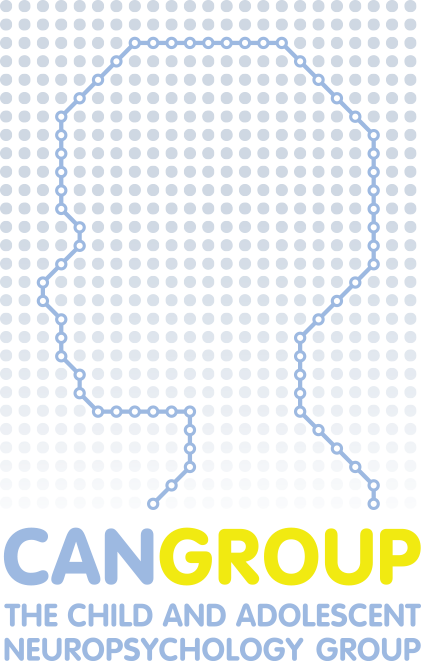Tourette and Tic Disorder
Tics are sudden movements or vocalisations that are performed rapidly and repeatedly with no particular rhythm. They can be hard to suppress, and many people describe feeling a rising urge or tension that is only able to be satisfied by performing the tic. Tics can be categorised as simple or complex.
Simple tics involve only a few muscles and/or meaningless brief sounds. Examples include:
Complex tics involve multiple muscle groups and/or more purposeful words or phrases. Examples include:
There are different types of tic disorders, which are diagnosed on the basis of the nature and duration of symptoms and their underlying cause. The three main tic disorders are:
Tourette’s Disorder, the most well-known of the tic disorders, has a genetic origin and is more common in boys. Symptoms emerge before the age of 18, typically in early to middle childhood. Often the disorder will begin with a simple motor tic that generalises to other areas of the body and is later followed by vocal tics. Symptoms typically wax and wane in severity and across time and may vary depending on the context. Like many neurodevelopmental disorders, Tourette’s Disorder often co-occurs with other conditions. Most commonly, Tourette’s Disorder co-occurs with ADHD and OCD; however, many children also experience difficulties with anxiety, depression, learning and/or social functioning.
Neuropsychological assessment for tic disorders may be requested for diagnostic purposes or to understand the impact the tic disorder (and any comorbidities) is having on a child’s thinking, learning, social, emotional and behavioural functioning. Most commonly, children with tics are referred for neuropsychological assessment when co-occurring conditions such as ADHD and OCD are apparent or suspected, or when tics arise during treatment for these (or other) conditions.
Links:
Request further information
For general enquiries, please complete the form below.
Alternatively, if you require a booking with one of our Neuropsychologists,
please click here to proceed to our referrals & bookings page.

